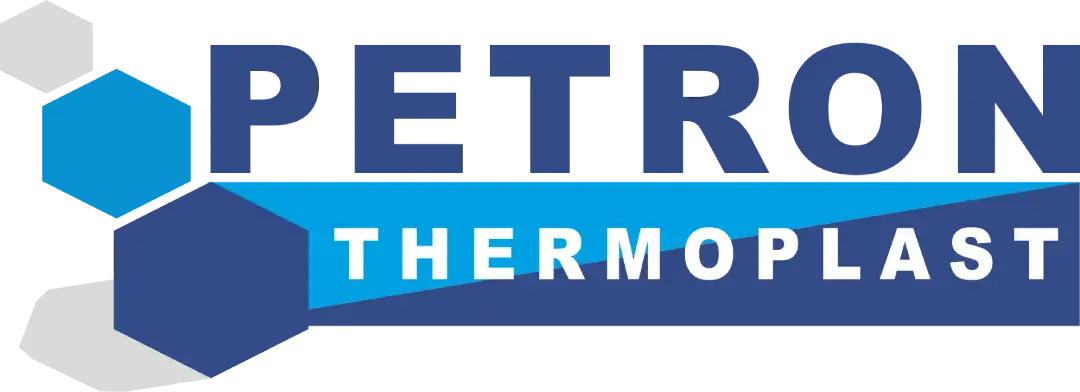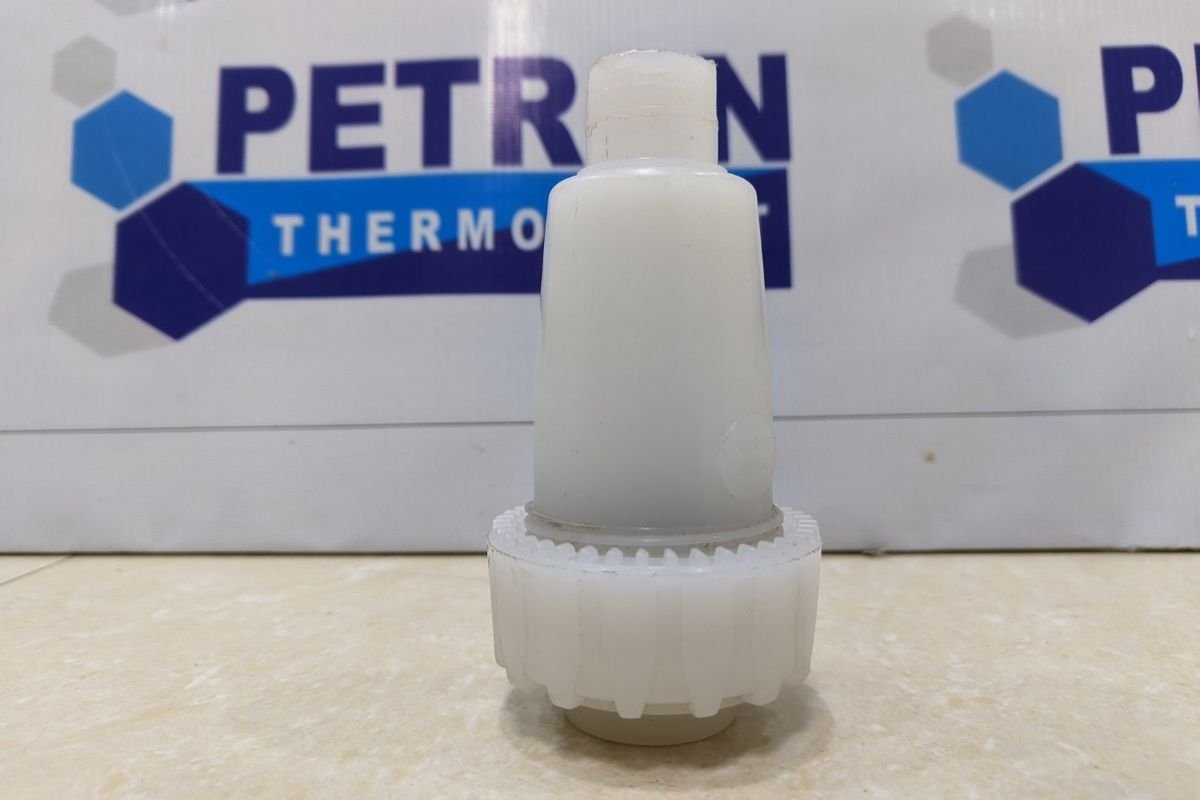When selecting the right components for fluid control in aggressive chemical settings, material selection is a critical factor. One of the most reliable solutions for such environments is the PVDF check valve. These valves provide superior chemical resistance, thermal stability, and mechanical strength, making them ideal for applications that involve corrosive substances. Companies like Petron Thermoplast specialize in providing high-quality check valves designed to withstand extreme conditions.
Understanding the Need for Chemical-Resistant Valves
Industries such as chemical processing, pharmaceuticals, water treatment, and semiconductor manufacturing handle highly reactive and corrosive substances daily. Using metal or standard plastic valves can lead to frequent breakdowns, leaks, and contamination risks. A valve that can resist chemical degradation ensures a longer operational lifespan, reduces maintenance costs, and enhances safety.
Why PVDF is the Ideal Material for Check Valves
Polyvinylidene fluoride (PVDF) is a highly durable thermoplastic known for its exceptional resistance to a wide range of chemicals, including acids, bases, and solvents. Here are some key benefits of PVDF that make it an excellent choice for check valves in harsh environments:
1. Outstanding Chemical Resistance
PVDF is highly resistant to most chemicals, including strong acids, halogens, and organic solvents. Unlike metal valves, which can corrode over time, PVDF remains stable even in prolonged exposure to aggressive substances. This resistance is crucial for industries dealing with concentrated chemicals that can quickly degrade other materials.
2. Excellent Thermal Stability
Certain industrial processes require valves that can withstand high temperatures. PVDF can operate efficiently in temperatures up to 150°C, making it suitable for applications that involve heated chemicals or extreme conditions. Unlike other plastic materials that may warp or degrade under heat, PVDF retains its structural integrity.
3. Superior Mechanical Strength and Durability
PVDF check valves offer high tensile strength, impact resistance, and dimensional stability. This means they can handle high-pressure applications without cracking or deforming. The robustness of PVDF ensures that these valves function effectively even under mechanical stress, reducing the need for frequent replacements.
4. Low Permeability and Contamination Risk
For industries that require ultra-pure conditions, such as pharmaceuticals and semiconductors, material permeability is a crucial factor. PVDF has low gas and liquid permeability, preventing contamination and ensuring the integrity of the conveyed fluids. This makes PVDF check valves an excellent choice for applications demanding strict purity standards.
Applications of PVDF Check Valves in Harsh Environments
The versatility of PVDF check valves makes them suitable for various industrial applications. Some common uses include:
1. Chemical Processing Plants
Chemical manufacturing facilities use highly aggressive substances that can corrode standard metal valves. PVDF check valves help in regulating the flow of these chemicals while ensuring durability and resistance to harsh reactions.
2. Water and Wastewater Treatment
Municipal and industrial water treatment plants use strong disinfectants, acids, and alkalis to purify water. PVDF check valves prevent backflow and contamination while withstanding harsh chemical exposure.
3. Pharmaceutical and Biotechnology Industries
In these sectors, maintaining purity is essential. The non-reactive and non-leaching properties of PVDF prevent cross-contamination in drug production and sterile processing environments.
4. Semiconductor Manufacturing
The semiconductor industry requires ultra-pure water and specialized chemicals for cleaning and etching processes. PVDF check valves ensure that these chemicals flow correctly without compromising the quality of the final product.
5. Food and Beverage Processing
While stainless steel is commonly used, certain food-grade applications require plastic materials resistant to strong cleaning agents and acidic foods. PVDF check valves provide a safe and reliable solution.
Choosing the Right PVDF Check Valve
When selecting a PVDF check valve, several factors should be considered to ensure optimal performance:
- Pressure and Temperature Ratings: Ensure the valve meets the pressure and temperature requirements of your application.
- Chemical Compatibility: Check the compatibility of PVDF with the specific chemicals in use.
- Size and Flow Capacity: Choose the appropriate valve size to maintain efficient flow rates.
- Installation Requirements: Consider the ease of installation and maintenance needs.
Conclusion
For industries dealing with highly aggressive chemicals, choosing the right valve material can make a significant difference in efficiency, safety, and cost-effectiveness. PVDF check valves offer unmatched chemical resistance, durability, and thermal stability, making them the top choice for harsh environments. Companies like Petron Thermoplast provide industry-leading solutions designed to withstand even the most challenging conditions, ensuring reliable fluid control for critical applications.

